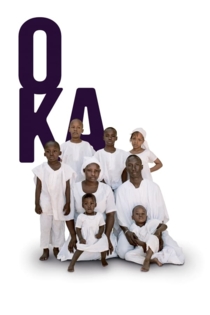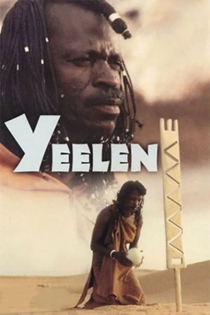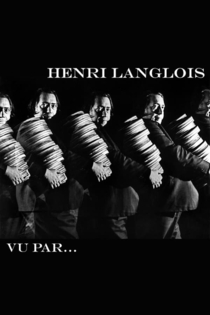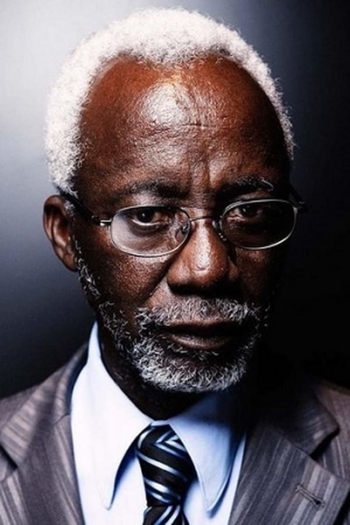
Souleymane Cissé
1940 (85 лет)Cinq jours d'une vie
Souleymane Cissé
Falaye Dabo, Falaye Dabo
"Cinq jours d’une vie" is about a young man, N'Tji, orphaned at an early age, who lives under the supervision of his uncle. He is sent to Koranic school, where he is forced to memorize and recite verses of the Koran; soon, N’Tji escapes and begins to craft his own destiny. Unfortunately, he is found and thrown in prison, and must live with the implications upon release. In this film, Cissé explores the institution of the Koranic school and its detrimental effects on young people’s autonomy and ability to explore their futures.
Five Days in a Life
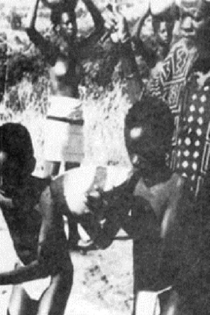
Waati
Souleymane Cissé
Linèo Tsolo, Sidi Yaya Cissé
Beginning in South Africa under the apartheid regime, the film follows a young girl who flees the country after a violent confrontation with a local white landowner in which her father is killed. She settles in Abidjan, where, ten years later, she has become a university student. As part of her studies, she visits the Taureg tribe on the edge of the Sahara before at last returning to post-Apartheid South Africa.
Time
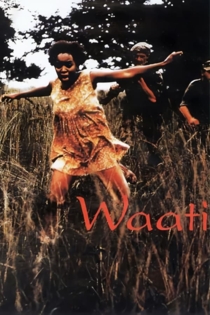
Finye
Souleymane Cissé
Fousseyni Sissoko, Goundo Guissé
Two Malian teenagers, Bah and Batrou, from different backgrounds, meet at secondary school. Bah is the descendent of a great tribal chieftain. Batrous father, a provincial military governor, represents the new ruling power. The two teenagers are part of a generation that rejects the established order and challenges the society in which they live.
The Wind
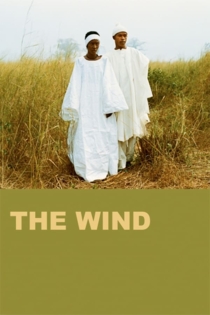
Baara
Souleymane Cissé
Balla Moussa Keita, Baba Niare
A young manager of a factory encounters a man walking along a road who says his family traditionally are servants to the manager's family. The manager offers him a job, and as he watches out for the other man's welfare, begins to see how the company mistreats its workers. The manager is challenged between his ethics and the pressure from others to protect his own interests as dire problems surface at the factory
Work
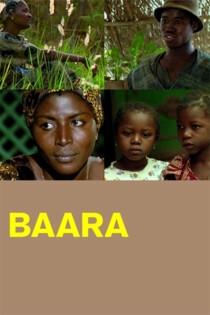
Den muso
Souleymane Cissé
Dounamba Dany Coulibaly, Fanta Diabate
A young mute woman is raped and becomes pregnant, with disastrous consequences within her family. The film also sketches the social/economic situation in urban Mali in the 1970s, particularly in relation to the treatment of women.
The Young Girl
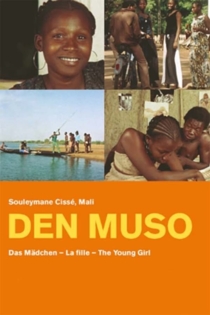
Min Ye
Souleymane Cissé
Sokona Gakou, Assane Kouyaté
A Westernized filmmaker, Issa, is a polygamist whose third wife Mimi is a doctor and high-profile health minister. Accustomed to a certain degree of empowerment and independence from her husband (deciding to stay in her own house instead of moving into his household), Mimi carries on a not-too-subtle affair with the married Abba, a fishmonger who sends her a tell-tale case of fish after each encounter as a token of his affection. Confronted by Issa with his suspicions of infidelity after he finds Abba in the courtyard, Mimi decides to file for divorce, a move that soon brings on a new set of complications, as relatives plead for reconciliation to avoid the shame, Issa's second wife increasingly resents the attention paid to Mimi, and Abba's wife begins to grow suspicious of Mimi's role in her husband's life.
Tell Me Who You Are

Les chanteurs traditionnels des îles Seychelles
Souleymane Cissé
In Rennes, as part of the 5th Traditional Arts Festival in 1978, storytellers and musicians from the Seychelles islands express their concern with modernism and the disinterest of young people in traditional music.
Les chanteurs traditionnels des îles Seychelles

O Ka
Souleymane Cissé
Aminata Cissé, Badjénèba Cissé
Bamako. Several women are illegally evicted from their home in 2008. Their brother, Souleymane Cissé, takes up his camera to look back at his childhood and family history in a country heading for war despite a tradition of tolerance.
Our House
